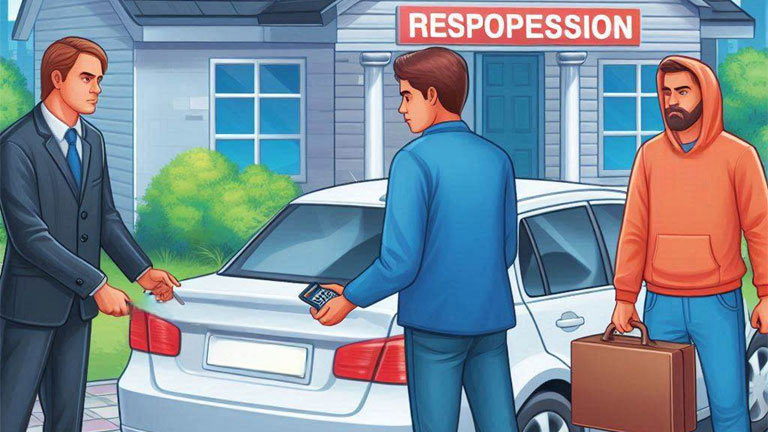
Have you lost a court case in which you didn’t get the desired and true verdict? It is very disappointing, frustrating, and worrying when you get defeated in a court case. This occurs in civil, criminal, bankruptcy, and property cases, either due to lack of evidence, or strong opposition. So what is the solution if you lost the case in a district or subordinate court? What next can you do so you can get justice?
What is an Appeal Against Court Decision or Judgment?
An appeal against a court decision or judgment is a request to a higher court to review the decision of a lower court. The appellant (the party who is appealing) argues that the lower court made a mistake in its decision, and that the higher court should reverse the decision or order a new trial.
Benefits of Appeal Against Court Decision or Judgment?
There are several benefits to appealing a court decision or judgment. These benefits include:
- A second chance to win your case. If you believe that the lower court made a mistake in its decision, you may be able to get a second chance at winning your case by appealing.
- A chance to correct an error of law. If the lower court made an error of law, the higher court may reverse the decision and order a new trial.
- A chance to have your case heard by a different judge. If you were unhappy with the judge in the lower court, you may be able to have your case heard by a different judge in the higher court.
- A chance to have your case heard by a panel of judges. In some cases, appeals are heard by a panel of judges, rather than a single judge. This can give you a better chance of having your case decided in your favor.
Types of appeals in court
There are two main types of appeals: appeals of fact and appeals of law. An appeal of fact challenges the lower court’s findings of fact, such as whether a witness’s testimony was credible or whether a piece of evidence was admissible. An appeal of law challenges the lower court’s interpretation of the law or its application of the law to the facts of the case.
To appeal a court decision, the appellant must file a notice of appeal with the lower court within a certain period of time, typically 30 days. The appellant must then file a brief with the higher court, arguing why the lower court’s decision should be reversed. The appellee (the party who won in the lower court) may also file a brief, arguing why the lower court’s decision should be upheld.
The higher court will then review the case and decide whether to affirm (uphold) the lower court’s decision, reverse the decision, or remand the case to the lower court for further proceedings.
The right to appeal is not absolute. In some cases, the higher court may decide not to hear the appeal, either because the appellant does not have a valid legal argument or because the case does not raise any important legal issues.
Here are some of the most common grounds for appeal:
- The lower court made an error of law.
- The lower court’s findings of fact were not supported by the evidence.
- The lower court’s decision was unfair or biased.
- The lower court’s procedures were not fair.
If you are considering appealing a court decision, it is important to speak to appeals in Atlanta with an attorney to discuss your legal options. A well-experienced lawyer or attorney is also very important in winning a case.




